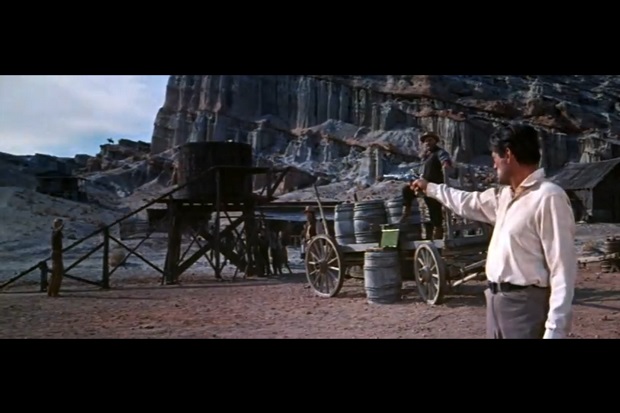Ballistics is the debut novel from D W Wilson. It playfully and interestingly twists and pulls at the heart of what we understand about human relationships. This is rural Canada, where men are men and Hemingway is a sissy. These are the blue-collar workers of Bruce Springsteen and no problem is too small not to be solved by increased muscle, increased drinking or, failing that, the ballistics of the title. Yet, underlying the bravado and occasionally excessive butch depictions of butch life, this is a subtle novel. For example, we are repeatedly told that Cecil West, the grandfather at its heart, is an unreconstructed male and that it’s ‘a hell of thing to picture, Old Man West as a romantic’. Yet the narrative quietly undermines these assertions throughout, with the dedication West shows as a lone parent, first to his son and then to his grandson; the guilt and quiet grief he feels when he has to kill a deer struck by his truck and that the only person he will cry for is his dead wife. As Archer says, ‘even the rattiest onions have more than one skin.’ (That line, incidentally, is an example of the array of arresting aphorisms that pepper Wilson’s writing).
While the women of this world maybe the fairer sex, Ballistics consistently undermines the stereotype of men and, further, a particular kind of man. The families at the heart of the novel are lone parent families and the lone parent is a man. Mothers die or clear off or, in the case of Linnea’s mother, campaign against the Vietnam War while getting off seeing two men pounding the life out of each other in a street brawl. Men might not always love in the right way but their love is shown to be strong and consistent – sometimes with devastating consequences.
One could see undertones of homosexuality in Cecil and Archer’s relationship but nothing in this world is so obvious. The narrative and view are distinctly masculine and there is an interesting play on John Berger’s theory of ‘the male gaze’, in which the women are only perceived through the conflicting gazes of the men. Even Archer defines the relationship with his own daughter through the prism of Cecil’s father-son bond with Jack. This has resulted in some criticism that the female characters are less well-realised, mere ciphers for the men. However, while this might true of Darby, it is an unfair characterisation of Nora, the woman between Cecil and Archer: one point of a love triangle in which desire’s trajectory is never wholly clear.
Wilson plays with dramatic irony to breaking point: he will set up a mystery for the reader, give them enough clues to foresee the answer, confirm the reader’s supposition in the present day sections before finally allowing Archer to tell the story in full. This constant deferral saps narrative tension, arguably it leaves the novel’s end a little flat, but it is entirely consistent with the philosophy at the core – the Gunsmith’s (or Zeno’s) Paradox and the notion that no bullet will ever hit its target, no journey will ever end. The drama is constantly deferred, time is repeatedly broken down and sub-divided – it adds to the sense of the reader racing to a point that is continually shifting.
This is a useful descriptor of Ballistics’s portrayal of relationships: relationships are not an end in and of themselves, they are not lost or won – there is no finite point in a relationship. They are constantly shifting and evolving, which is why none of the characters can ever feel truly comfortable; to do so would merely be a failure on their part to notice the shift beneath their feet. Even at the end we are not left with a clear conception of how things stand between each of the novel’s central characters – much like they themselves. Relationships are always to be renegotiated, relearnt; they are not the destination but the journey. For all its machismo, Ballistics is a profound and haunting novel that won’t let you alone.
Ballistics by D W Wilson is published by Bloomsbury ($26)






Comments